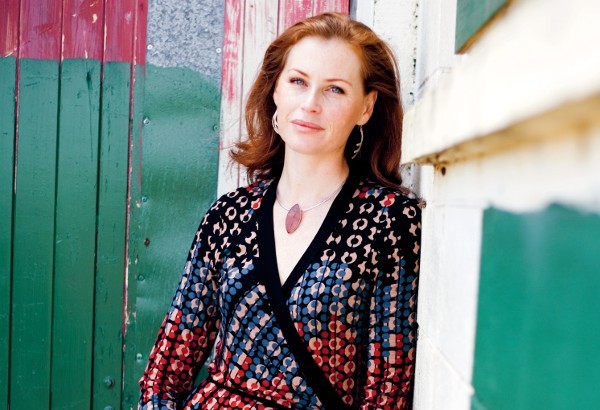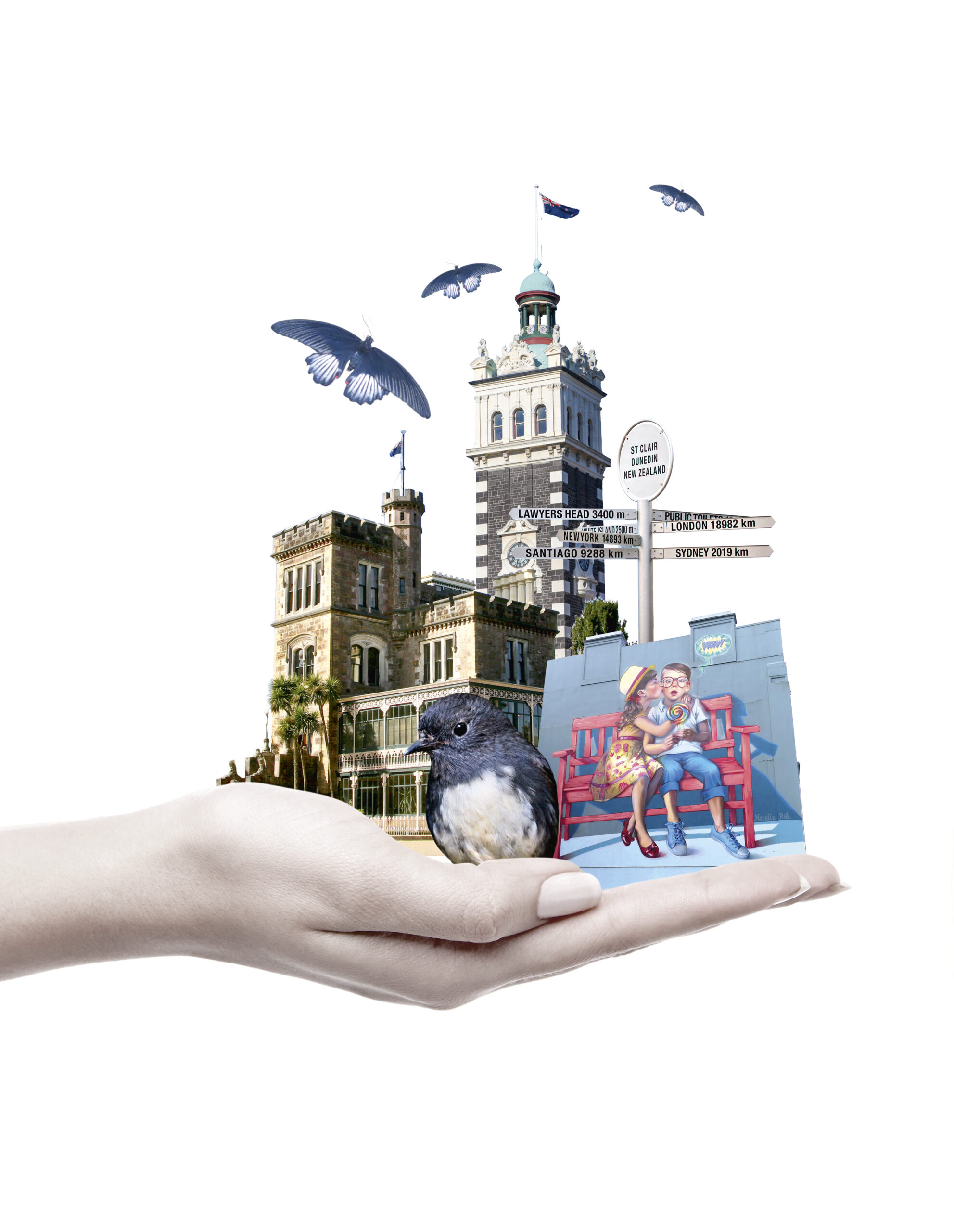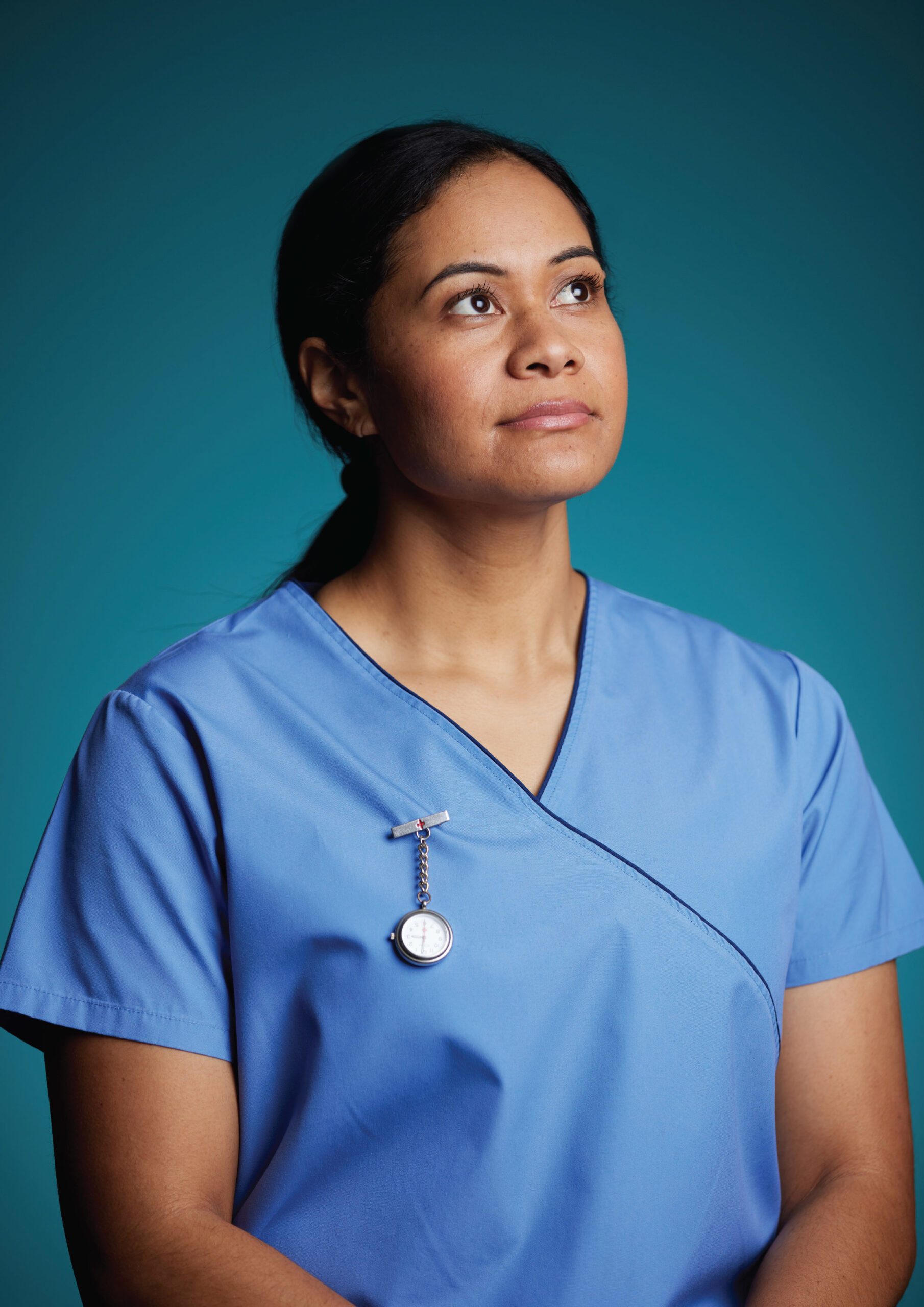A passport covered in stamps from the world’s poorest, most war-torn countries is a badge of honour when your business is advocacy. Lynda Brendish catches up with inspirational globe-roaming Kiwi Ingrid Macdonald, and her mum
A passport covered in stamps from the world’s poorest, most war-torn countries is a badge of honour when your business is advocacy. Lynda Brendish catches up with inspirational globe-roaming Kiwi Ingrid Macdonald, and her mum
Photography Jessie Casson
Auckland’s trendy Vulcan Lane couldn’t be further from war-torn Sudan, so it’s a little cognitively dissonant to meet a humanitarian aid worker here – especially one as striking as Ingrid Macdonald. A head-turning six-foot redhead, it’s easy to see how Ingrid made a living as a model during university. But it’s a career path she dismisses quickly. “In terms of modelling, I was pretty utilitarian about it,” she says. “Largely it was to earn money.”
Ingrid grew up in Waiuku and graduated from the University of Auckland with degrees in law, geography and politics – spending the years since then preferring to place others at the centre of attention. As an advocacy manager for the Norwegian Refugee Council (NRC), Ingrid’s work has taken her to ground zero of some of the world’s worst conflicts: Afghanistan, Pakistan, Sudan and Palestine, just to name a few. Previous to that, the role of mining ombudsman with Oxfam Australia had her travelling to Papua New Guinea, Fiji, Indonesia, the Philippines and Peru.
Understandably, the work has had its challenges. Arriving in Afghanistan in 2007, people said there was no humanitarian crisis and that it was a ‘post-conflict situation’. “But there were 2000 people – at least – a year being killed because of the conflict,” she says. Ingrid was able to successfully lobby for the United Nations to implement a proper structure so that humanitarian organisations could distribute aid in a co-ordinated way. “It may not seem like a success to the ordinary person on the street … but it made a huge difference to us to be able to do our jobs better,” she says.
Sometimes the challenges are on a more personal level, but just as daunting as the political ones. In the Philippines, Ingrid interviewed fishermen sickened and maimed by toxic chemicals spilt after dams burst at the Marinduque mine. She felt a huge responsibility to be honest about what she could achieve. “You can’t say, ‘Yes, I’m going to change your life’. What you try and say is, ‘I’m going to tell your story and I’m going to try and get the company to do the right thing’, but I can’t guarantee that.”
Progress might be slow, but it does happen, and ‘small’ victories – such as the establishment of the UN’s humanitarian framework in Afghanistan or successful results from mining company negotiations – help keep Ingrid going. “When those changes happen, it’s amazing. To be a part of it and to think you’ve contributed and that it’s achieved something good is extremely rewarding.”
Despite the inherent danger of such work – Ingrid is almost blasé mentioning guns being pulled and bombs exploding – mother Val Lye is supportive of her daughter, and obviously proud. “Ingrid’s very modest actually,” says Val. “I think she’s absolutely marvellous, what she does. And she’s made a lot of sacrifices.”
Still, Ingrid wouldn’t have it any other way. “It sounds tough, but it’s also incredible to be able to do this.”







